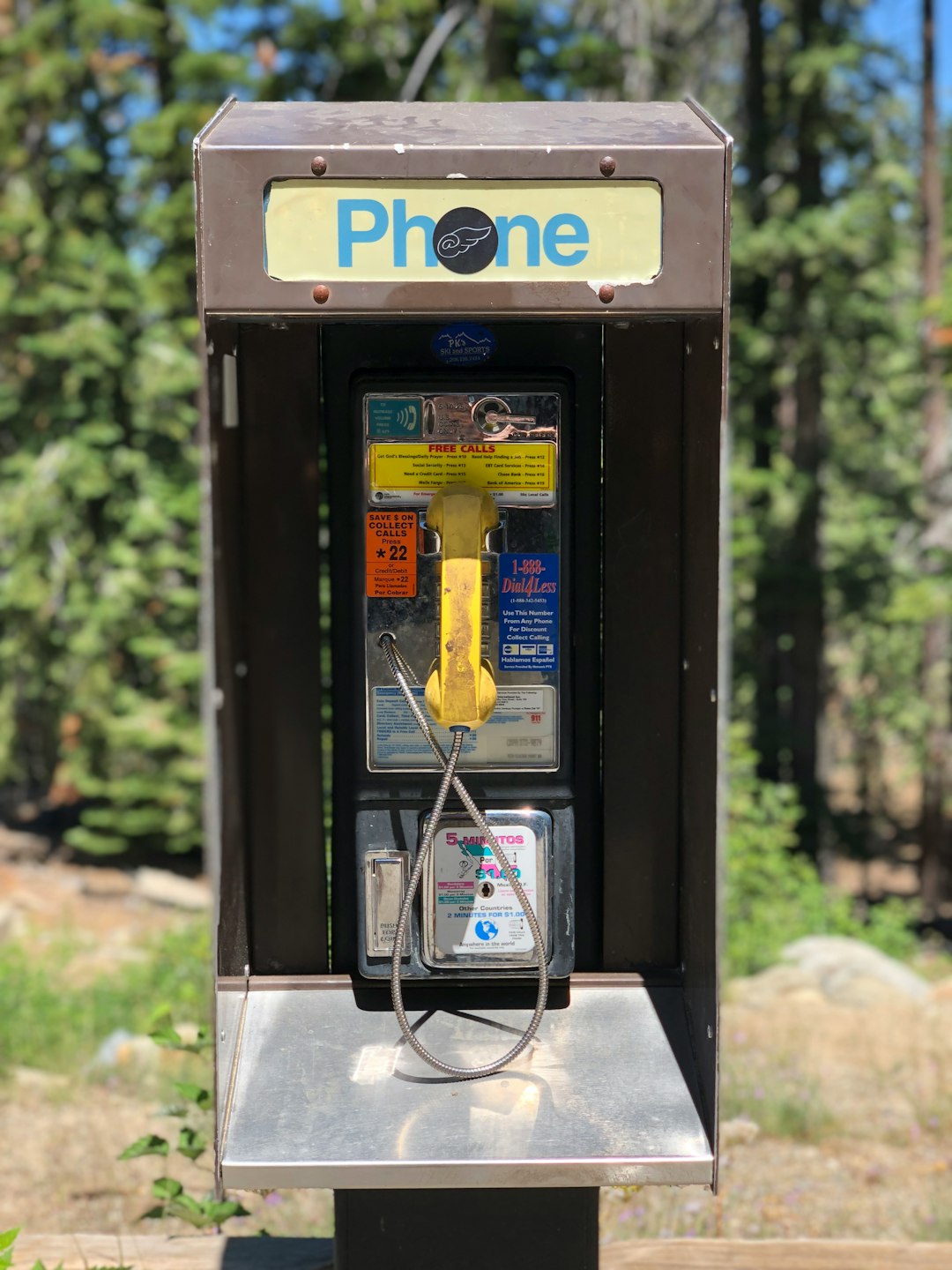In Colorado's digital landscape, produce scams targeting farmers and consumers are on the rise. Scammers use online marketplaces and delivery services to mislead customers with false claims about organic produce at bargain prices. Specialized law firms help combat these scams, while markets like Paonia Organic Farmers Market take proactive measures by educating vendors to create a safer environment. Vendors at Paonia's market receive training to identify and avoid potential traps, focusing on transparency to protect consumers from fraudulent practices. Robust agricultural laws protect both farmers and consumers, with vendor collaboration leading to early detection of spam calls and other deceptions. Consulting with spam call lawyer Colorado or spam call law firm Colorado specializing in business protection is recommended for combating fraudulent activities.
In today’s digital age, even organic farmers markets aren’t immune to fraud. “Paonia Organic Farmers Market Vendors Trained to Avoid Produce Scams” explores the rising issue of ‘produce scams’ where consumers are duped into buying low-quality or counterfeit organic produce. We delve into Paonia’s proactive approach—training vendors in ethical practices—to counter this growing problem. This article also examines legal protections, strategies to avoid spam calls and fraudulent activities, and the vital role of local communities, providing insights from Colorado’s spam call lawyers and law firms dedicated to consumer protection.
Understanding the Problem: The Prevalence of Produce Scams

In today’s digital age, the rise of produce scams has become a growing concern for both farmers and consumers in Colorado and beyond. With just a few clicks, individuals can find themselves caught in a web of fraudulent activities, from fake online marketplaces to misleading delivery services. These scams often target organic farmers, who are known for their high-quality products but may lack the legal knowledge to protect their interests. Many unscrupulous businesses make false claims about fresh produce, offering it at unbelievably low prices, only to deliver poor-quality goods or none at all.
The prevalence of spam calls and online marketing strategies has made it easier for scammers to reach a wide audience. A simple Google search for “spam call lawyer Colorado” or consulting with spam call attorneys in Colorado can reveal the extent of this issue. Victims often find themselves in a confusing legal labyrinth, where they may require the assistance of specialized law firms dealing with such cases. By educating vendors and farmers about these common scams, markets like Paonia Organic Farmers Market are taking proactive steps to ensure a safe and trustworthy environment for both sellers and buyers.
Paonia's Approach: Training Vendors for Ethical Practices

Paonia takes a proactive approach to ensuring ethical practices among its organic farmers market vendors. The town’s unique initiative involves comprehensive training programs aimed at educating and empowering vendor community members. Through these sessions, vendors learn not only about the importance of honest trade but also gain practical skills to identify and avoid potential scams or misleading practices.
This proactive measure is especially relevant in today’s digital era, where various forms of spam calls and deceptive marketing strategies can target small businesses. By providing resources and knowledge, Paonia equips its vendors with the tools needed to navigate the market ethically. With a strong focus on transparency and integrity, the town fosters an environment where consumers can trust that they are purchasing genuine, high-quality produce from trusted sellers.
Legal Aspects: Protecting Farmers and Consumers in Colorado

In Colorado, both farmers and consumers are protected by laws designed to prevent deceptive practices in the agricultural sector, including produce scams. The state’s regulations aim to create a fair marketplace for everyone involved. Vendors at Paonia Organic Farmers Market are well-versed in these legal aspects, ensuring they understand their rights and responsibilities. This knowledge helps them avoid engaging in or falling victim to spam calls, misleading advertising, or any form of deception that could harm their reputation and the trust of their customers.
By working with reputable lawyers specializing in agricultural law, such as those at spam call law firms in Colorado, market vendors can stay informed about their legal protections. These professionals help educate farmers on how to navigate potential scams and take necessary actions if they become a target. Moreover, consumers benefit from these measures as they encourage transparency, ensuring that the fresh produce they purchase is genuine and not part of any fraudulent scheme.
Strategies to Avoid Spam Calls and Fraudulent Activities

At Paonia Organic Farmers Market, vendors are equipped with valuable strategies to steer clear of deceptive practices and ensure a safe, trustworthy environment. With an increasing number of spam calls and fraudulent activities targeting small businesses, it’s crucial for farmers market participants to be vigilant. A top defense is staying informed about the latest scams and consistently verifying the legitimacy of any communication received.
Vendors are encouraged to avoid sharing personal or business information unless they can confirm the caller’s identity and intentions. If a spam call Lawyer Colorado or similar suspicious interaction arises, reporting it to the appropriate authorities and seeking advice from a reputable spam call attorney Colorado is recommended. Several spam call law firms Colorado specialize in protecting businesses against such threats, offering guidance on legal options available to combat fraudulent activities, including potential lawsuits against persistent scammers.
The Role of Local Communities and Support Networks

Local communities play a vital role in supporting farmers market vendors and ensuring the integrity of fresh produce. In Colorado, where agricultural diversity thrives, these communities have formed strong support networks to counter potential scams and misleading practices. By fostering open communication among local farmers, consumers, and even law firms specializing in spam calls (like those in Colorado), markets can effectively educate vendors about common frauds targeting organic produce.
These networks enable early detection of any fraudulent activities, such as false claims of organic certification or the sale of subpar goods. With the help of dedicated lawyers and attorneys across the state, communities are equipped to take legal action against spam call scammers who target farmers. This collaborative approach not only safeguards consumers but also strengthens the reputation of local farmers markets, fostering trust among both vendors and shoppers.






